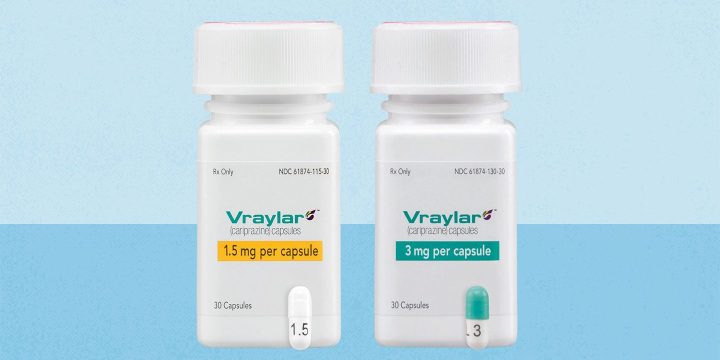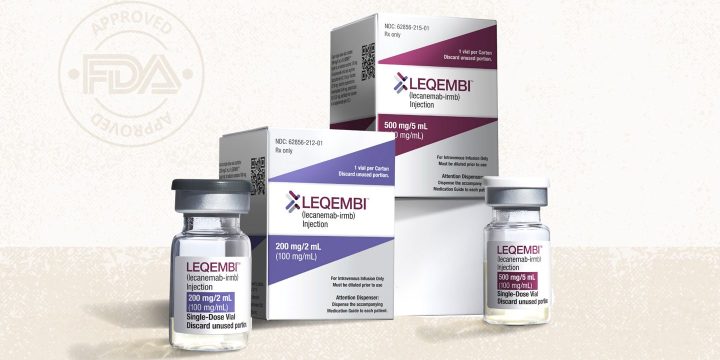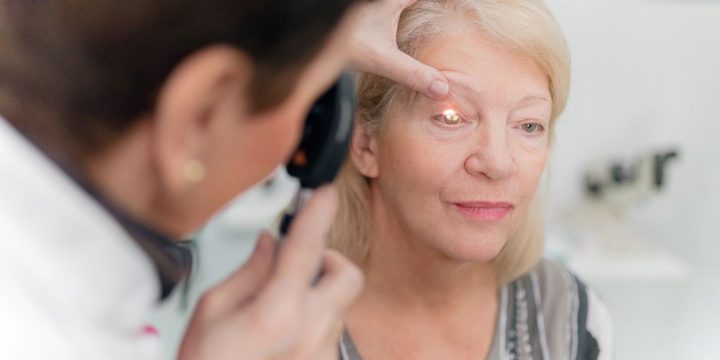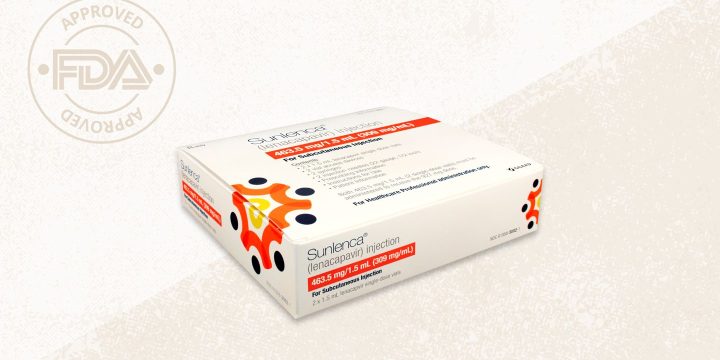
Vraylar (Cariprazine) Is Approved as an Antidepressant ‘Add On’
Many people with major depressive disorder don’t get enough relief from their symptoms despite antidepressant medication. To potentially rectify the problem, the U.S. Food and Drug Administration (FDA) has approved Vraylar (cariprazine), a so-called “add-on” or adjunctive medication that might make an antidepressant work better.According to a press release from the pharmaceutical company AbbVie, the FDA has already approved cariprazine for the acute treatment of manic or mixed episodes associated with bipolar I disorder, for the treatment of depressive episodes associated with bipolar I disorder (bipolar depression), and for the treatment of schizophrenia.Vraylar is part of a class of drugs known as second-generation antipsychotics (SGA) or atypical antipsychotics.About 1 in 5 U.S. Adults Will Experience Depression at Some Point in Their Life“As many as one in five U.S. adults will…








